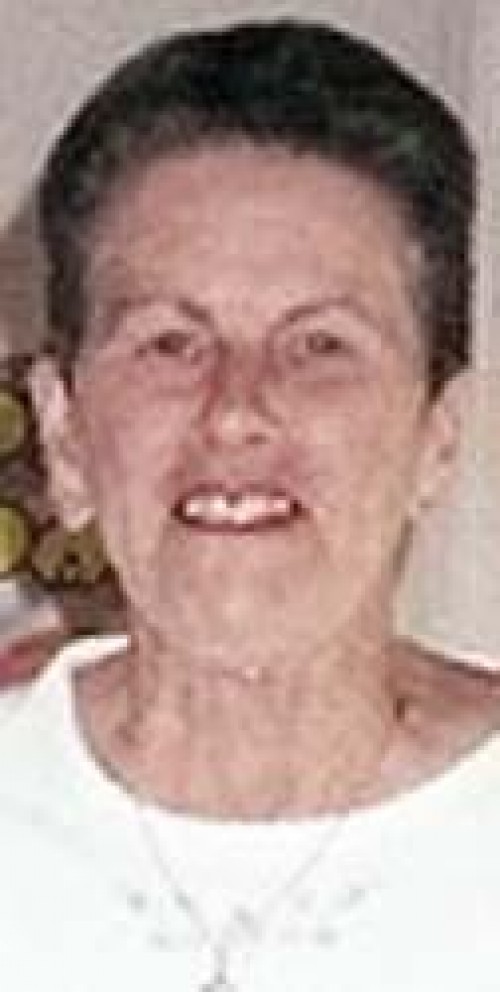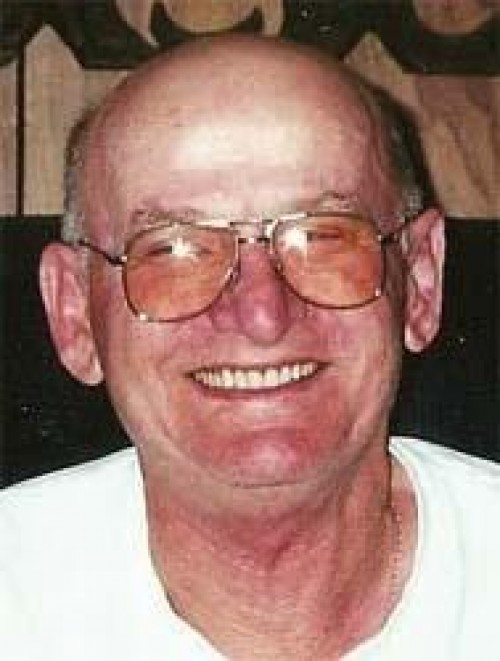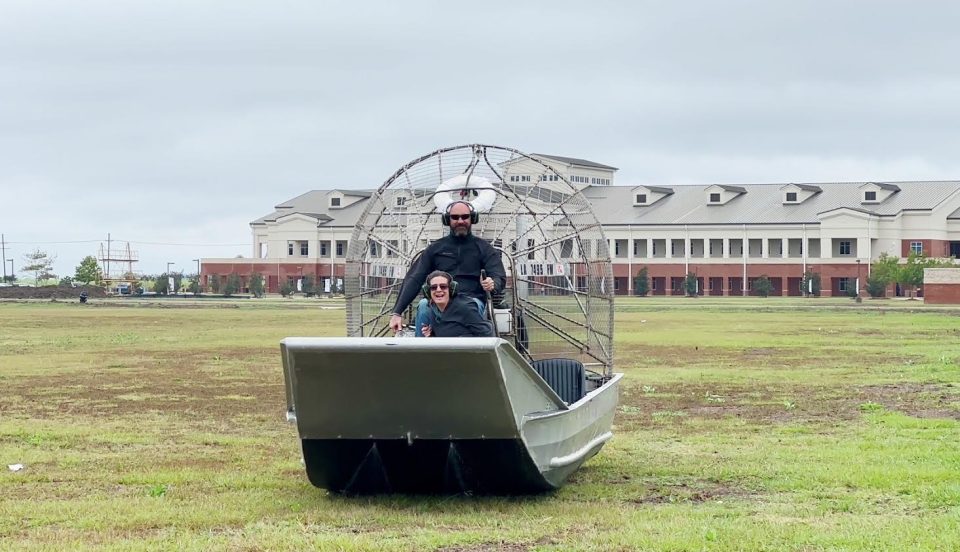
Joyce Marie Cantrelle Marcel
May 5, 2009
Stewart Thomas Landry
May 7, 2009For the month of October, pink seems to be everywhere to heighten awareness of the need for breast cancer research.
But this is May, and breast cancer survivor Marian Ledet isn’t waiting for National Breast Cancer Awareness Month to celebrate the life of someone who lost the battle against the disease.
Ledet, 61, got the news in 1998. The Houma native was diagnosed with breast cancer during a routine mammogram. For her, the cancer was not her lymph nodes, but rather it was a mass that could only be detected during a mammogram.
“The year I found out that I had breast cancer, it hit me like a ton of bricks,” Ledet said. “That day (June 6) was like a drain on me. But I am a Christian and I put my faith in God and my family. They brought me through it all.”
The mother of one daughter had a lumpectomy in July 1998. She underwent three surgeries and had eight lymph nodes removed from her arm, which all turned out not to be cancerous.
After the surgeries, Ledet endured 28 rounds of radiation treatments. She immediately began taking Tamoxifen, a drug released in 1998 that is used to treat breast cancer.
Medical officials said taking Tamoxifen reduces the risk of breast cancer coming back by 40 to 50 percent in post-menopausal women, and by 30 to 50 percent in pre-menopausal women. It also reduces the risks of a new cancer developing in other parts of the breast by about 50 percent.
During the fight, the days were worrisome for the Houma native. She said she thought it would never be over.
“Breast cancer fills your days,” Ledet said. “You had to get up every morning for treatment. Some days I didn’t want to get out of bed. My husband Rudy would tell me I could do it. I did because I knew I had a life that I had to live, and I had just had my first grandchild, Heather Clark, that I wanted to play with.”
Even after taking the radiation treatments and Tamoxifen, Ledet was left with uncertainties. She had a scare in 2000. Doctors performed a biopsy, but the tumor was benign.
“My first reaction was, ‘Here we go again,'” she said. “I talked with my oncologist and he said if it was cancerous then I would have to go through chemotherapy. I was upset, but I figured that the Lord put me on this earth for something. I am a firm believer that if He will lead you to it, He’ll lead you through it.”
Ledet has not had another recurrence. She follows up with her annual mammogram and bone density test. The Houma native went into remission in 2003.
“Every time I go for a checkup now, I have doubts,” she said. “But I put my faith in the Lord. The year I went through it, I just talked to my family, my friends, and people I knew. I saw that some people were worse off than me. Being around others and talking to them, I told myself not to give up. I got cured and I am here.”
Unfortunately in 2003, the unthinkable happened. Ledet’s mother Velma DeHart was diagnosed with breast cancer. Doctors said it was quite unusual for the child to be diagnosed before the mother.
“My mom did her yearly mammograms because of me,” Ledet said. “She found a lump during a self-examination in one breast and we took her to the doctor and the mammogram showed she had cancer in both breasts.”
Mrs. DeHart, 84, had a mastectomy, and lost both her breasts.
After watching her mother battle through the disease, Ledet thought her worries were over. But two years ago, she was diagnosed with a brain tumor. Her father Raymond DeHart died of brain cancer in 1988.
“That was scary for me,” she said. “I had to go through a 16-hour surgery to remove the tumor, which was also benign. Thank God.”
Now, Ledet lives by the motto: “Live life for today, and worry about tomorrow, tomorrow.”
“I think life is great,” she said. “The Lord has given all of us life and we should take advantage of it. If we want to do something, then we should do it.”
With all that has happened, the family’s bond is stronger than ever. They are now advocates for Relay for Life.
“Participating in Relay for Life is very important for life,” Ledet said. “We are raising money to find a cure for cancer. I may not see it, but one day they will find a cure.”
Breast cancer is the second leading cause of death from cancer in American women. National statistics show that in Louisiana 122 women out of 100,000 were diagnosed with breast cancer in 2008, and 750 women will die from the disease.
Registered Nurse Mae Hitt, community educator for Ochsner/St. Anne General Hospital in Raceland, said at higher risk are women with a family history of breast cancer, women with inherited abnormal genes, women who have previously had cancer in one breast, and obese women with sedentary lifestyles.
“Today, there are over 2 million women living in the United States who have been treated for this disease,” she explained. “When breast cancer is detected early, the five-year survival rate is 98 percent.”
“The combination of monthly breast self-exams, yearly clinical breast exams, and regular mammograms beginning at age 40 is the best way to detect breast cancer in its earliest and most treatable stages,” Hitt added.
Ledet is a firm believer in mammograms, which are the most effective method of detecting breast changes that may be cancerous, long before physical symptoms can be seen or felt.
“As women, we need to be vigilant in our fight against cancer by getting annual mammograms when we turn 40 and doing self exams any chance we get,” she said.
Some of the physical signs and symptoms are: breast lump or thickening; swelling, redness or tenderness; skin or nipple changes in color or texture; dimpling or puckering of the skin; nipple pain, discharge, scaliness or retraction; and, lumps under the armpit area.
If anyone is experiencing any of these symptoms, see a health care provider immediately, Hitt said.
For those women who do not have insurance, Medicare and Medicaid, there are services and grant funds available to help with the cost of a mammogram. Hitt said the Bayou Region’s affiliate of the Susan G. Komen for the Cure foundation has awarded local hospitals funds to provide help to those in need.
“Not having the money to get a mammogram should not stop women from being checked,” said Hitt, who oversees Ochsner/St.Anne’s grant program.
For more information, contact Hitt at (985) 537-8350.










